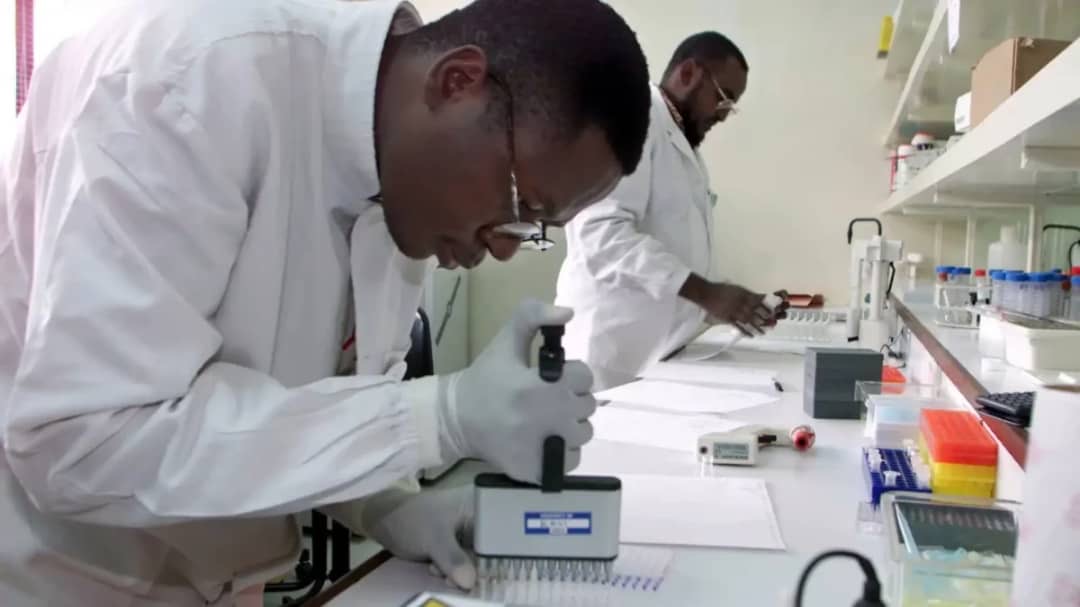African Researchers have presented critical insights and recommendations to address key challenges bedevilling African economies.
The recommendations include financial development and sovereign borrowing with regards to agricultural policies and food security.
The researchers made the presentations on Sunday at the ongoing 2024 African Economic Conference in Gaborone, Botswana.
Their discussions shed light on the interconnectedness of financial mechanisms, governance, and agricultural practices in shaping the continent’s future.
Mr Kamal Abdullahi, during a presentation on “Financial Development and Carbon dioxide (CO2) Emissions in Nigeria”, emphasised the dual challenge of promoting economic growth while mitigating environmental impact.
Abdullahi restated the importance of boosting domestic credit for private investment to close financial gaps and drive economic development.
He further urgef increased investment in renewable energy as a sustainable path to reduce CO2 emissions in Nigeria and the continent.
”There is a need for the government to introduce stricter carbon emission regulations, such as pollution taxes while encouraging voluntary pollution reduction initiatives to ensure practical compliance.
“We should leverage financial tools, such as market capitalisation to align financial development with environmental goals, as this has long-term benefits for the people,’’ he said.
Gefei Zhou, a researcher, presented a paper on Sovereign Borrowing in Africa, addressing the challenges African nations face in accessing and managing eurobond financing.
She proposed improving sovereign credit ratings by enhancing governance and tackling inconsistencies in assessments by major credit rating agencies.
“Strengthening government effectiveness, political stability, regulatory quality, and combating corruption is pivotal for lowering borrowing costs.
“African nations must prepare thoroughly for credit rating evaluations, with support from organisations like the UNDP Africa and ECA.
“ Transparency in sovereign borrowing is a key strategy for fostering trust and ensuring fair assessments by rating agencies,’’ she said.
While speaking on agricultural expenditure efficiency and food security in Africa, Mr Mzwanele Mfunwa, Economic Affairs Officer at the ECA, highlighted the intricate relationship between cash crop production and food crop investments.
Mfunwa pointed to inefficiencies in government resource allocation, often favouring cash crops over food crops.
He said that while findings suggested that cash crop production could enhance food security, there were contradictions, particularly in Malawi and Kenya, where droughts have exacerbated food insecurity.
According to him, the structural inequities between support for commercial cash crop farmers and smallholder food crop producers further restate the need for policy reforms.
The presenters recommended treating policies to incentivise renewable energy projects and conducting comparative studies with other developing nations to strengthen the robustness of research findings.
The speakers also called for analysing structural changes over time to account for economic shifts and ensuring the precision of methodologies to avoid flawed policy implications.
They urged governments to integrate food crop production into foreign exchange policies derived from cash crops, ensuring equitable resource allocation.
“Investment in infrastructure, including transportation and storage, is needed to minimise food waste, alongside increasing mechanisation and irrigation to improve land productivity.
“There is also the need to provide subsidies and technological support to smallholder food crop farmers to reduce disparities with commercial cash crop producers.
“Strengthening regional food reserves and facilitating cross-border trade are vital measures to mitigate local food shortages.
“Lastly, promoting balanced land allocation for cash and food crops and adopting sustainable agricultural practices are essential steps toward achieving food security and economic resilience,’’ they said.
























